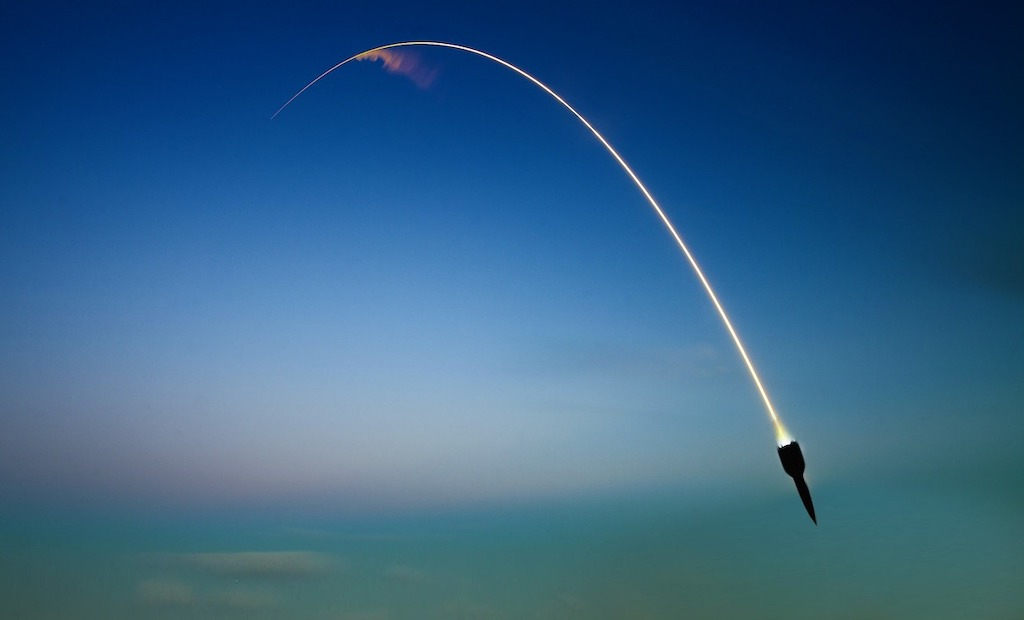North-Korean rocket ready for launch: missile or satellite?

North Korea is preparing a long-range rocket in position for a controversial launch, vowing to defy international pressures against violating the ban on missile activities.
The launch of long-range rocket is coincided with the centenary anniversary celebrations of the North Korean founder Kim Il-sung, grandfather of the new leader Kim Jong-un, sometime between 12th and 16th April, North Korea announced.
In a dispatch from the Tongchang-ri launching site, the BBC confirmed that the rocket was in position: “All three stages of the rocket were visibly in position at the launch pad.”
North Korea insisted the 30-metre long-range Unha-3 rocket would only carry a weather satellite. The satellite is designed to send back information for weather forecasts and surveys of natural resources.
North Korea maintained the launch was “meant for peaceful development and use of space”, and claimed the fact that developing satellite technology is a universally recognised legitimate right of a sovereign state.
But opponents such as China, South Korea and United States feared the move would be a disguised ballistic missile test. International nations have urged North Korea to suspend the launch, warning that firing the long-range rocket would violate the United Nations resolutions.
A Pentagon spokesperson said the launch of long-range rocket has “reflected North Korea’s lack of desire to follow through on their international commitments”.
Military experts in South Korea said the second-stage rocket could travel about 3,000 km, expecting to separate in the seas of the Philippines or Indonesia. Experts said the new third-stage rocket could travel more than 6,700 km, which is capable to fire a missile to hit the continental United States. As a reference, Alaska in the United States is about 5,000 km from North Korea.
Although there are 23 million North Korean living in poverty and malnutrition, the Pyongyang government considered satellite development as top priority.
“If we don’t develop our own technology, we will become slaves. We need our own technology to be an advanced country, to be a powerful space nation”, Tongchang-ri Station manager Jang Myong-jim told the BBC.
Last month, the United States has suspended its planned food aid to North Korea over the country’s insistence on satellite launch. North Korea’s Foreign Ministry warned that the cancellation of food aid in retaliation for the launch would result in termination of agreements on uranium enrichment.
Queenie Man
























Facebook
Twitter
Instagram
YouTube
RSS